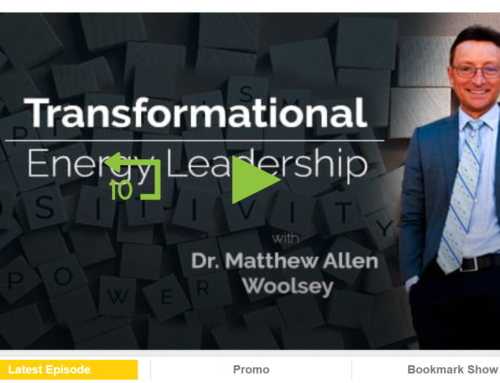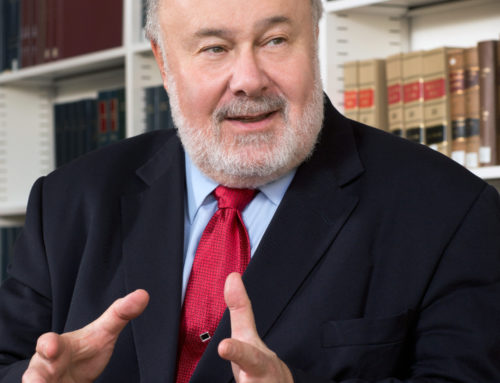 We have spent a lot of time looking at graphic images and hearing compelling testimony about the horror of terror attacks. They are part of what we research, write and teach about as we prepare leaders for high stress, high stakes situations. Monday’s bombings at the Boston Marathon, however, hit close to home and gave us yet another perspective on the challenges of leading through random violence.
We have spent a lot of time looking at graphic images and hearing compelling testimony about the horror of terror attacks. They are part of what we research, write and teach about as we prepare leaders for high stress, high stakes situations. Monday’s bombings at the Boston Marathon, however, hit close to home and gave us yet another perspective on the challenges of leading through random violence.
We wrote about this for HBR.org and invite you to join the conversation.
“It is in difficult times like these that we are hungriest for leadership, for people who can restore order, find the perpetrators, organize the aftermath, and help us find meaning and common purpose. People are wounded, whether physically or emotionally. Even those who only watched the events on television can feel the effects. Leaders, too, are affected — they’re only human. But leadership moments come unexpectedly for each of us.”
I was also struck by Tom Friedman’s column in today’s New York Times entitled Bring on the Next Marathon. It was about denying terrorists victory by reclaiming public spaces. It reflected a paragraph from our HBR piece that didn’t make it into the final version:
Deny the terrorists head space. The intent of terrorism is to create terror: to make people afraid to congregate, apprehensive about visiting stores and sporting events, and unsure of the power of officials to keep them safe. The surest path to victory is to deny those aims. Keep calm and carry on is sound advice. We will be visiting Boston’s Boylston Street as soon as police allow – and we urge the police to open the area as quickly as possible. We will celebrate how the act meant to tear people apart actually brought out the best in many. Children’s television host Fred Rogers said, “Look for the helpers. You will always find people who are helping.” Such active caring was found in abundance among both professionals and bystanders in Boston. It is proof of our collective resilience.
The evidence we see just by walking around indicates that this city is already bouncing back. We have learned from New York, London, and other cities that life goes on. We may always carry the memory and perhaps a twinge of pain, but life goes on. To foster collective resilience, that is the message that meta-leaders need to deliver now.







Leave A Comment